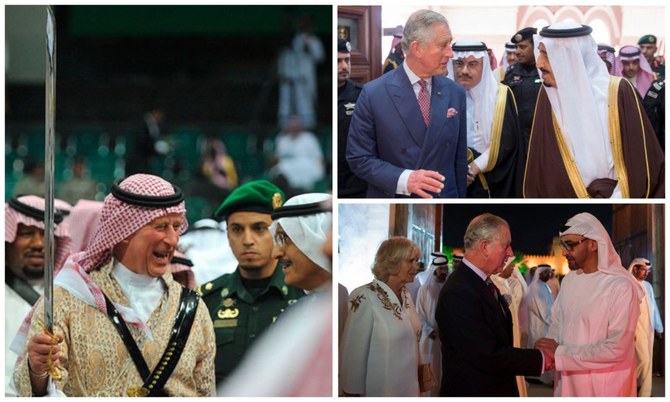
- ARAB NEWS
- 01 Jul 2025

Back in 2016, I had just finished writing my book about London, a reflection on nearly a decade living in the UK capital in which I conclude that the 18th-century English man of letters Samuel Johnson was correct: “When a man is tired of London, he is tired of life; for there is in London all that life can afford.”
But that was then and this is now. Seven years after Britain voted to leave the EU, if anything it is London and the UK that are tired.
We now know that much of that Brexit campaign was based on lies, and many of those who voted for it are suffering from buyers’ remorse. The latest opinion polls suggest that only 33 percent of the British people believe the country was right to leave the EU, while 55 percent now believe it was a catastrophic mistake.
And given what has happened since the 2016 referendum, who can blame them? It is true that the coronavirus pandemic and the war in Ukraine have unavoidably blighted the British economy, but every other country suffered those effects too. While they have largely recovered, the OECD predicts that the British economy will be the worst-performing in the G7 for the next two years, and last month the Bank of England’s chief economist told the British people they would simply have to accept that they were poorer than before.
Meanwhile the revolving door of 10 Downing Street has not exactly been conducive to domestic political stability. Theresa May was shown the door in 2019 for failing to deliver Brexit, and replaced by Boris Johnson. After three controversial years and “party-gate,” Johnson gave way to Liz Truss — whose mercifully brief 45-day period in office was the shortest in British political history, and was memorably compared to the shelf life of a supermarket lettuce. The current incumbent, Rishi Sunak, has at least restored calm, but Thursday night’s local election results suggest that he too is likely to be shown the door at the next general election, probably in October 2024.
“With British domestic politics in turmoil, there is no better time for the country to play its trump card: soft power, history and tradition, as represented by a popular and effective monarch.”
Faisal J. Abbas
Internationally, the British Empire is of course long gone. Members of its replacement, the Commonwealth, particularly Australia and the Caribbean islands, are increasingly resistant to having a foreign head of state. The much vaunted “special relationship” with the US seems to be dependent on the mood of the serving president. And since Britain’s departure from the EU, many countries are coming to view it as a secluded island off the coast of Europe.
If that all sounds like doom and gloom … well, it is. But it need not be. As world leaders gather in London for Saturday’s coronation of King Charles III, could it be that the new monarch has what it takes to (to borrow a phrase) Make Britain Great Again?
The British people certainly seem to think so. While the approval ratings of most political leaders tend to decline the longer they spend in office, those of King Charles are moving in the opposite direction. A poll in March suggested that 39 per cent of British people thought he would be a good king, but the same poll this week had that number increasing to 62 percent.
With British domestic politics in turmoil, there is no better time for the country to play its trump card: soft power, history and tradition, as represented by a popular and effective monarch.
Few people know more about national “brands” than Simon Anholt, the leading international authority on the images of countries. And Anholt is unequivocal. As he told Arab News in an interview last November, an effective monarchy is good value for taxpayers money.